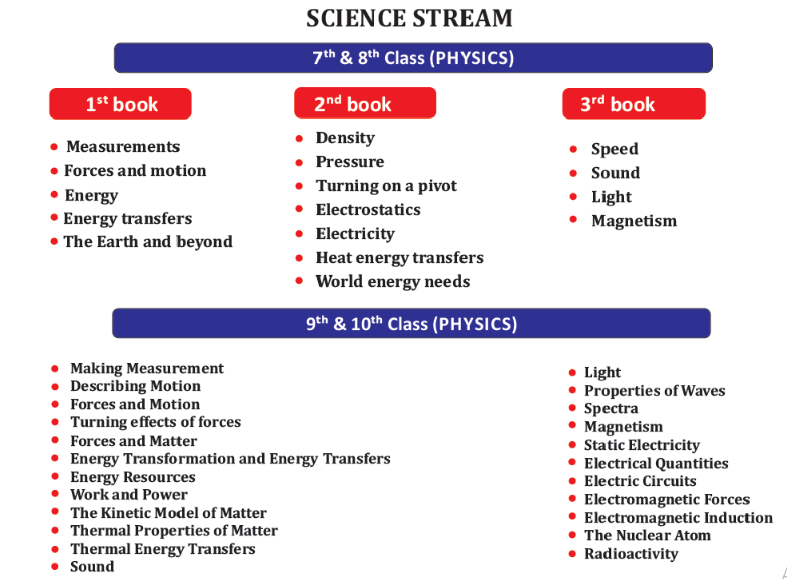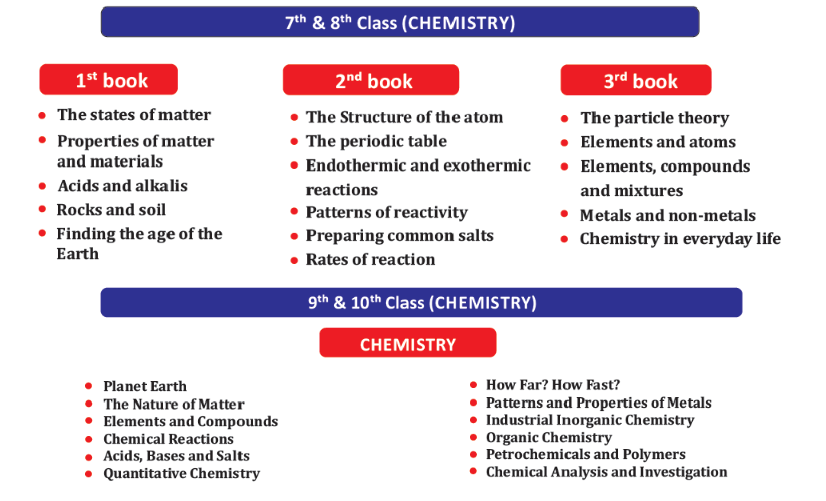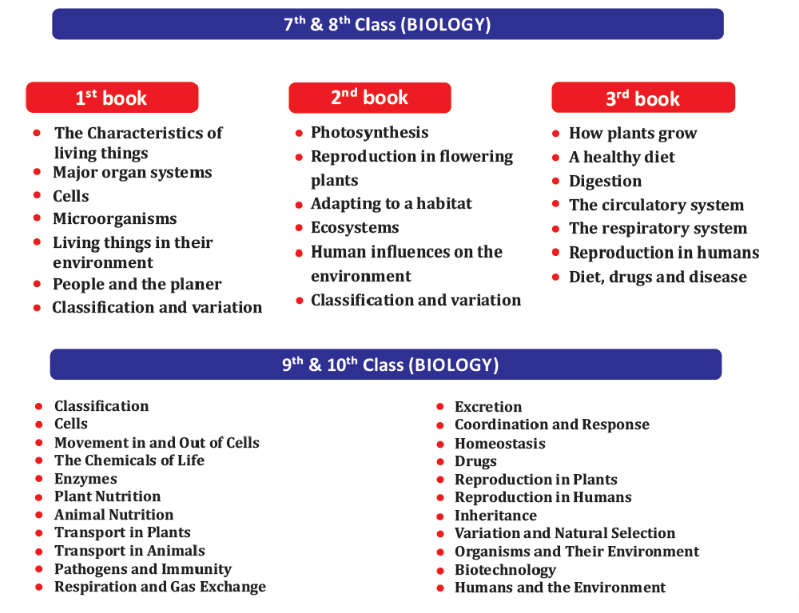IGCSE BOARD
International General Certificate of Secondary Education
The International General Certificate of Secondary Education is based on the British curriculum (GCSE) but adapted for a more internationally-focused student-body. It is mainly exam-based and is assessed through the exam board chosen by the school. The most well-known are Cambridge Assessment International Education and Edexcel. The Cambridge exam board offers over 70 subjects, including 30 languages as it aims to be as inclusive as possible to students from a wide variety of linguistic backgrounds, enabling them to continue studying their mother-tongue. The IGCSE allows for differing levels of ability by offering both Core and Extended curriculum papers in some subjects.
Grading Pattern
- Like other modern programmes, IGCSE offers a wide range of subjects and encourages high academic standards through a practical approach to teaching and learning.
- Assessment is not limited to conventional written papers. A variety of tests like oral and listening tests are also conducted.
- The assessment is aimed at a wide range of students with varied abilities. It has an eight-point grading scale, from A+ to G, with A+ being the highest.
- Most subjects offer a choice between the core curriculum and extended curriculum. This gives you the freedom to choose subjects and the opportunity to score good grades.
- The core curriculum is an overview of the subject and is suitable for students who are expected to achieve grades C to G. The extended curriculum is like a specialisation in that subject. It is more challenging and designed for students who are expected to achieve grades A+ to C.
- IGCSE syllabus is tailored for a multicultural and multilingual audience.
- Currently, IGCSE is a two-year programme starting at the Class 9 level. If you have done your early schooling from any other board, you can join the IGCSE programme at the Class 9 level.
- CIE has declared the launch of its new Cambridge International Primary Programme in June this year. The introduction of this programme means that you will will be able to study in the IGCSE board from age 5 till age 18.
What are the subjects in the IGCSE curriculum?
There are five subject groups in IGCSE with several subjects to choose from in each group:
- Group 1: Languages (first language, second language, foreign language, etc)
- Group 2: Humanities and Social Sciences (Geography, English Literature, History, etc)
- Group 3: Sciences (Biology, Chemistry, Physics, etc)
- Group 4: Mathematics (Mathematics, Additional Mathematics, etc)
- Group 5: Creative, Technical and Vocational (Accounting, Business Studies, Computer Studies, Music, etc)
For each subject, the certificate merely indicates the grades scored, and not pass or fail.
Why IGCSE Board?
What differentiates it from the other boards like CBSE, ICSE and IB board?
- If you have passed Class 10 from the IGCSE board, you can directly get admission in Class 12 of an ICSE or CBSE board.
- You can also directly get admission at the diploma level according to the standards of the IB boards. This is helpful if you want to save 1 year in your education.
- This board has presence in 150 countries. In India, 200 schools are affiliated with it. This number is expected to grow.
- It conducts curricular activities at the international level.
- It conducts regular mental and physical health check-ups for its students.
- It focuses on practical knowledge over purely conceptual knowledge.
- It has a grading system ranging from A (top grade) to G (bottom grade). It does not follow a marking system
- The syllabus may be more challenging than other boards, but it provides multilingual and multicultural support.
Syllabus

Talk to Our Expert
QUICK LINK | WHY BASICS ? | IIT-JEE EXAMS | MEDICAL EXAMS |
|---|---|---|---|
STUDENT CORNER | OTHERS | Competitive exams | |
|---|---|---|---|


